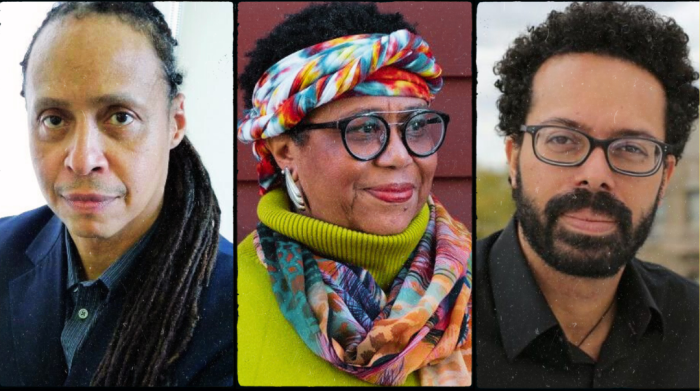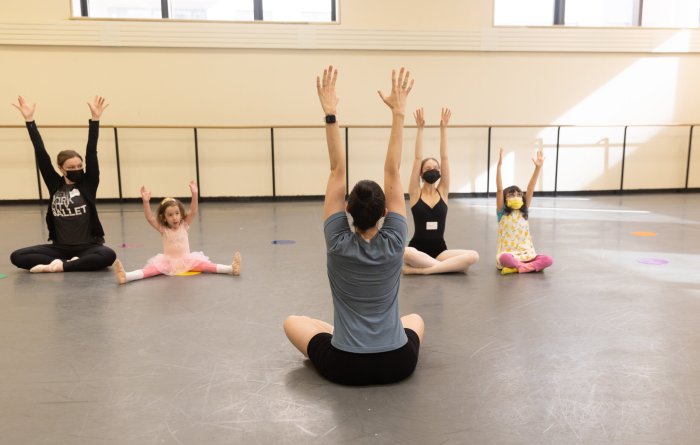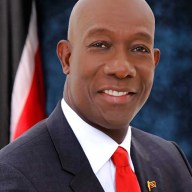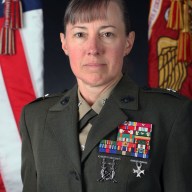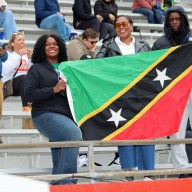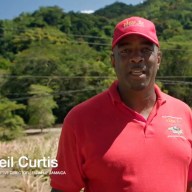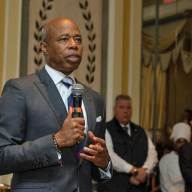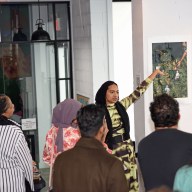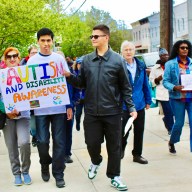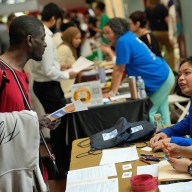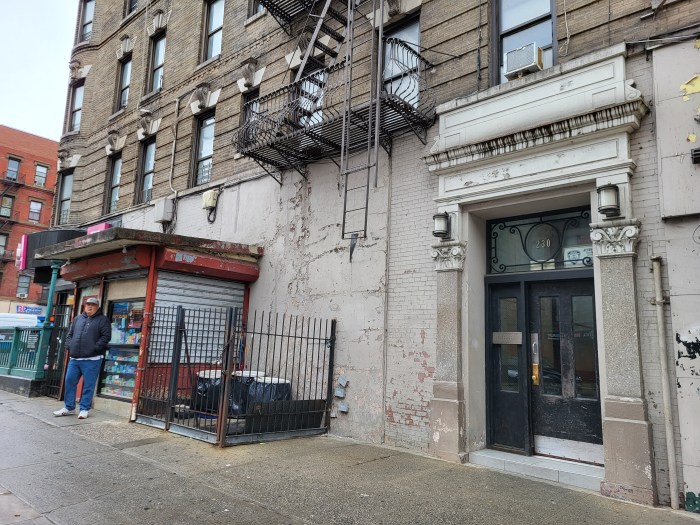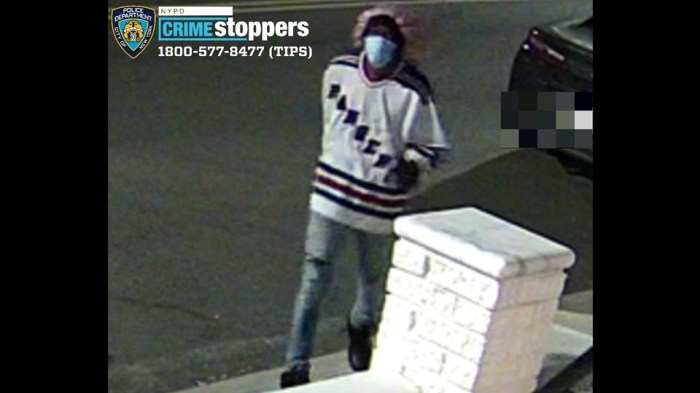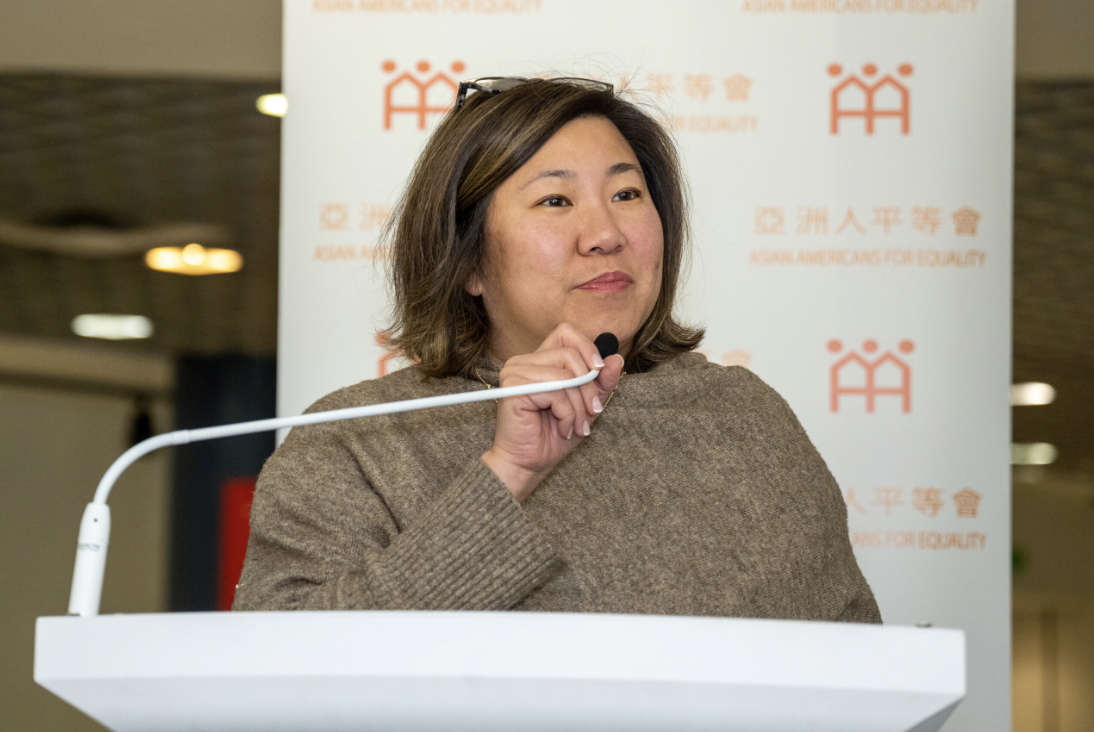The Guyana government this week appointed a team of top Caribbean lawyers to probe the 1980 assassination of acclaimed historian Walter Rodney, a top opposition figure and international icon; but the party he helped found has said it hopes the truth will emerge as to who exactly ordered Rodney’s murder..
Dr. Walter Rodney, then 37, died when a bomb exploded in his lap near the main city prison facility in Georgetown on the night of June 13, 1980 as he was leading a spirited challenge against the then governing People’s National Congress (PNC) in the run up the 1980 general elections, which opposition parties had boycotted because of alleged widespread rigging.
Walter Rodney’s Working People’s Alliance (WPA) which today, ironically, is part of the main opposition APNU coalition with the PNC, immediately blamed the PNC for his assassination, contending that Rodney was handed the device by military intelligence agents who had infiltrated his inner circle.
Caribbean and international governments, academics and civil society also pointed fingers at the PNC led then by its founder, Prime Minister Forbes Burnham; charges the PNC has denied, even as it says it welcomes any probe.
Army Chief of Staff Brig. Gen Mark Phillips has promised full cooperation of the military with the commission, after meeting with the commission this week.
Rodney’s brother Donald, who was in the car with him when the explosion rocked the quiet of the city on that fateful Friday night, was injured and hid for several days before emerging, pointing fingers at the military for conspiracy in Walter’s death.
Barbadian Jurist Sir Richard Cheltenham, who incidentally is also part of a regional team investigating a 1990 Muslim-led attempted coup in neighboring Trinidad — will chair the three-person team that also includes Jamaican, Jacqueline Samuels-Brown and Trinidadian, Seenath Jairam.
The three were sworn in on Monday but the WPA Wednesday demanded “to see the terms of reference to determine whether it will enable the entire truth to come out in the public,” spokesman Desmond Trotman said.
Rodney was well known in the Caribbean, Africa and the U.S. for a series of well-acclaimed books he wrote, including: “How Europe Underdeveloped Africa,” a reference text that is widely used in American and other universities.
Cheltenham said the long delay in holding a commission of inquiry should not affect the outcome. At least 100 witnesses, many of them opposition and government politicians and ex-soldiers, are listed to testify. Others will have to be summoned.
He said the commission will likely sit for two-week stretches when work begins at a date to be determined by the readiness of organizers. He also noted that “many of them (witnesses) remembered the events as though they happened yesterday and (there were) several pieces of documentary evidence that allowed us to have no difficulties in finding facts and coming to conclusions. The fact that it happened 30 years or so ago need not be any bar to a full exposure of what took place and for the commission to make some firm conclusions,” he said.


